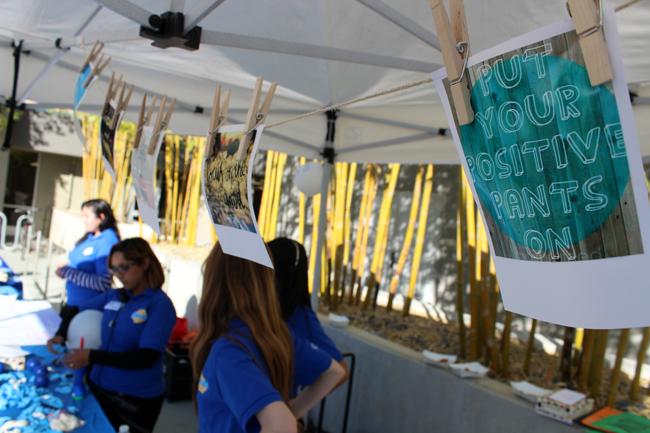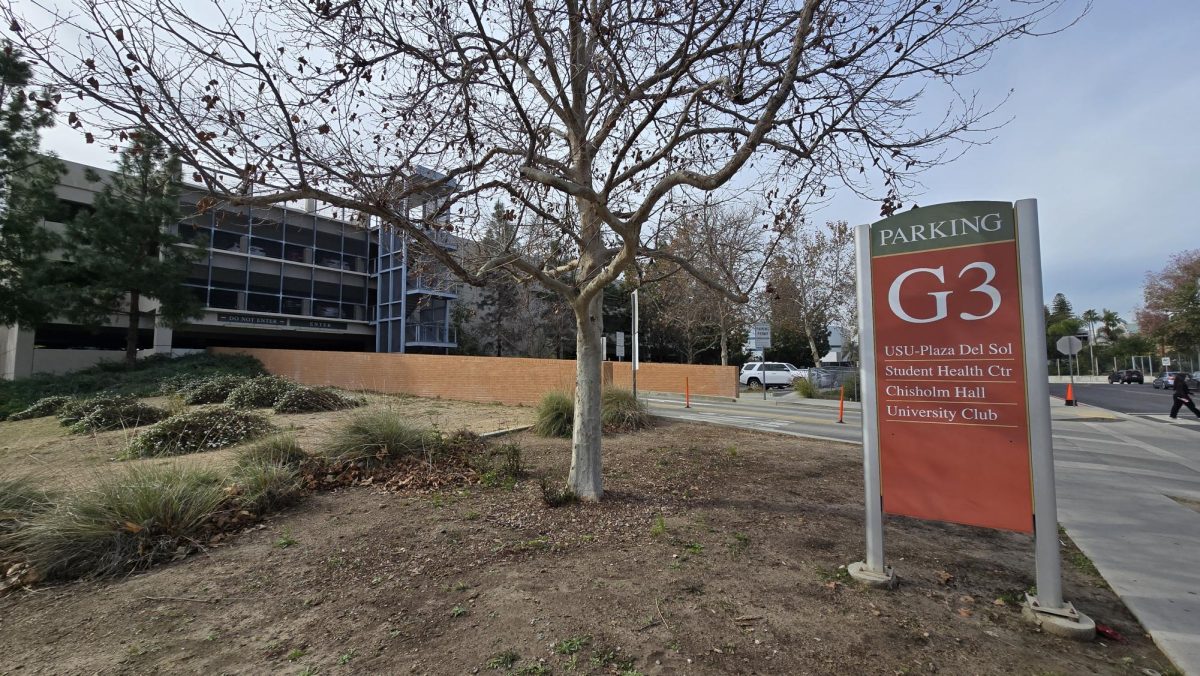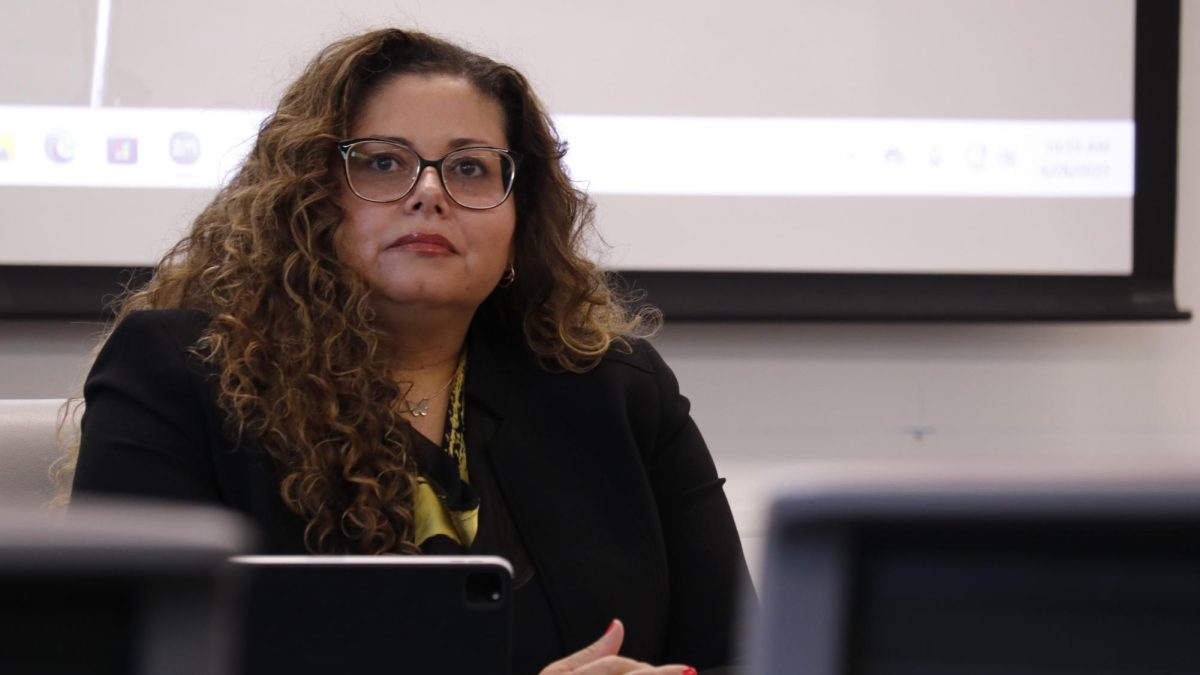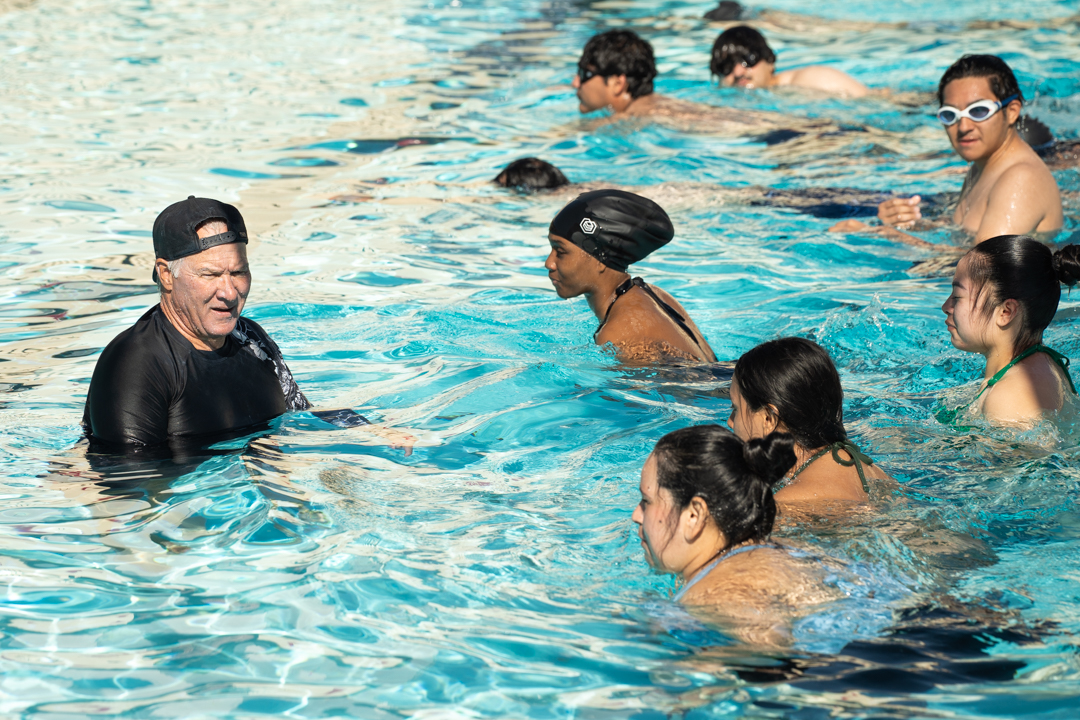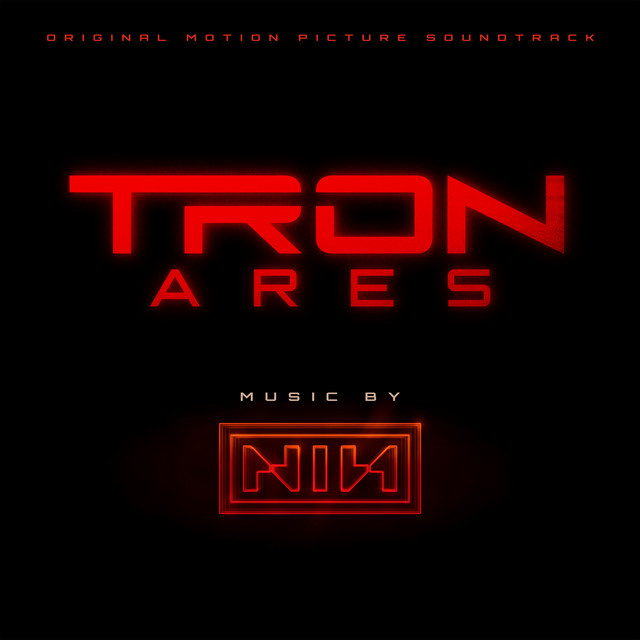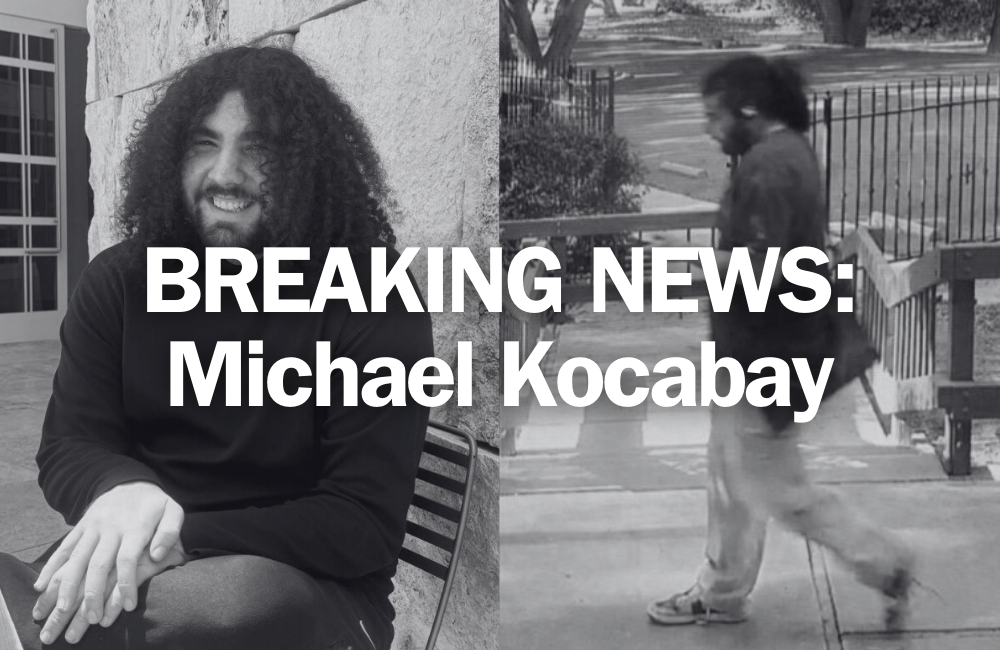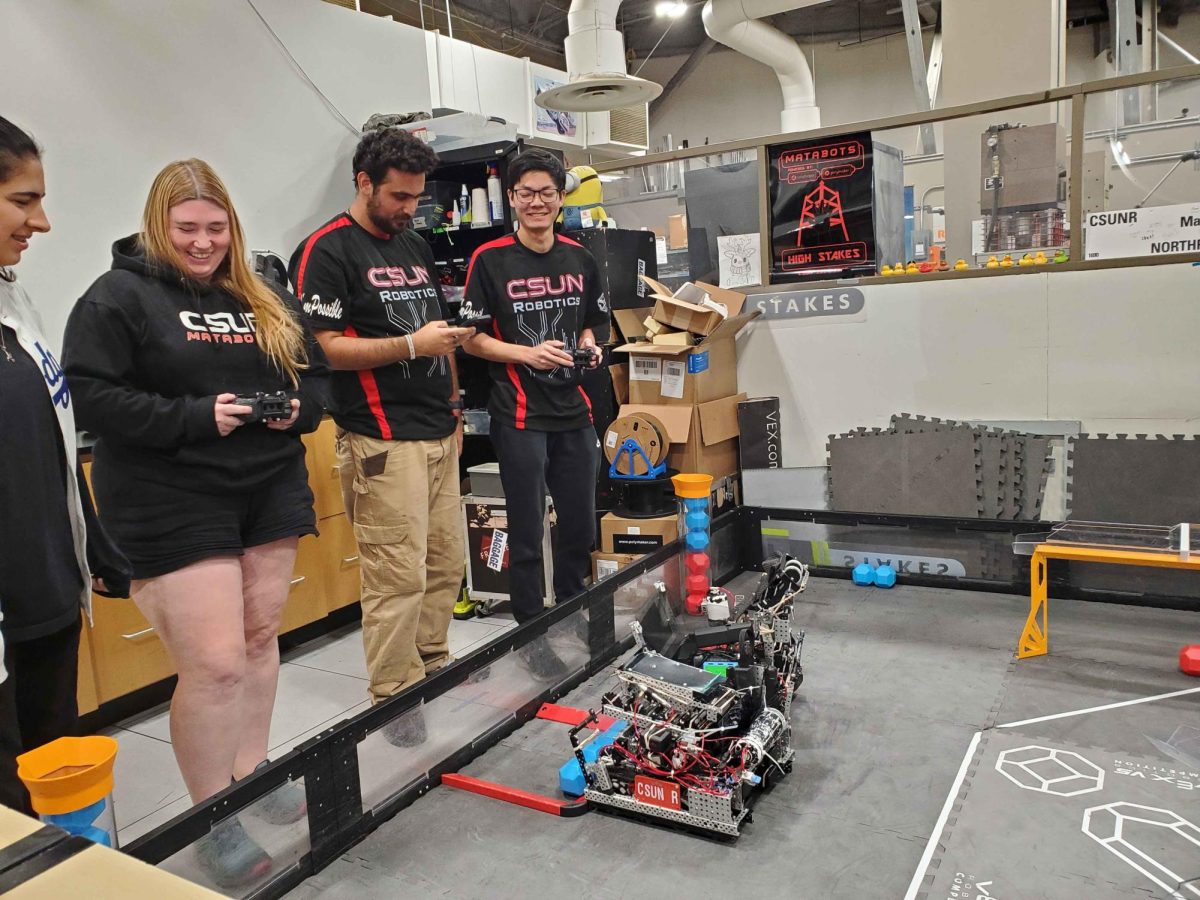September is known as National Suicide Prevention Awareness Month and CSUN has a multitude of resources available to help those struggling with negative thoughts of any kind.
The BLUES Project, for example, is the school’s depression awareness and suicide prevention peer education program. This month, members will put together various events throughout the campus such as educational workshops, free hugs and care packages in an attempt to spur student engagement about a subject that impacts many, but is spoken about by few.
Suicidal thoughts are something that can affect anyone regardless of gender, race, or age. However, for some, there are still negative connotations attached to the idea of talking to someone about these thoughts..
“It’s okay to have those feelings. There’s a lot of cultural taboo, whether it’s the ethnicity you come from, the religion you come from.” Samir Hamawe, Peer Program Specialist for the University Counseling Services (UCS) said. “Some of the religious ideologies or societal viewpoints see someone talking to a counselor as being seen as typically weak or crazy.”
Hamawe also said the project created peer educators to help bridge that gap, so they can educate students about the services and what options there are in order to create a positive perception of therapy.
The UCS offers groups and workshops for every issue imaginable such as anxiety management, building self-esteem, help for choosing a major, grief and loss support, overcoming procrastination, and depression management.
Their “comfy couch room,” a large, airy space lined with plush, doughy couches, is used for group therapy sessions and provides an inviting and cozy environment.
The room boasts a picturesque and tranquil view of the San Gabriel mountains. There is also a secret “hidden” exit for students who prefer to leave their session with a tad more anonymity and discretion.
Additionally, the department wants to dispel the notion that actually obtaining an appointment will take an eternity. Often times, next day appointments are available. If that doesn’t work, students can expect to speak with a counselor within one to two weeks, depending on the nature of the problem.
A therapist is also on call during the week to speak with students who may be in extreme distress with issues such as suicidal thoughts, recent assault or abuse, thoughts of harming others, extreme anxiety/panic or the death of a friend or loved one.
So what happens after a student finds a therapist or therapy group they’ve clicked with and that works for them, but are all out of sessions? According to Julie Pearce, UCS’s acting director and coordinator of training, the UCS utilizes a short term model of counseling.
All students seeking services are seen for initial intake appointments, after which the counselor collaborates with the student a treatment plan for their particular concerns. This typically means putting the student in contact with a professional in their community.
BLUES Project student coordinator, Briana Russo, who is currently in her second semester with the program, wants to convey the importance of students being more conscious of the language they use and how it may be perceived as insensitive.
“Everyone always jokes around, ‘Oh, you’re being bipolar right now,’ but they don’t really know what that means and that could really offend someone,” Russo said. “Doing these presentations, we like to elaborate and take it really seriously to let them know, it’s not a joke.”
Russo also cautions against self and peer diagnoses. For example, getting a bad grade on a test may seem like a catastrophe at the time, but shouldn’t be seen as a tragedy or depression inducing event.
The BLUES Project is comprised of 135 student volunteers. For those interested in lending their support to others by becoming involved with the peer counseling education program, they must first submit an application, then expect a series of interviews followed by a three day training course. After that, students will learn on the job through conducting presentations and counseling other students throughout the course of 15 weeks.
If you have any questions about The BLUES Project, call (818) 677-2610 or email blues.project@csun.edu. Below are a series of resources, both on and off campus ready to assist anyone who is currently overwhelmed by feelings of hopelessness.
Campus resources
University Counseling Services
(818) 677-2366
(818) 677-7834 TDD
(818) 677-3666
Public safety (university police)
(818) 677-2111
(818) 349-HELP
7 p.m.-10 p.m.
Off-campus resources
Los Angeles Suicide Prevention Center
24-Hour Crisis Hotline
(800) 784-2433
(877) 727-4747
National Suicide Prevention Lifeline
National 24-Hour Hotline
(800) 273-TALK
